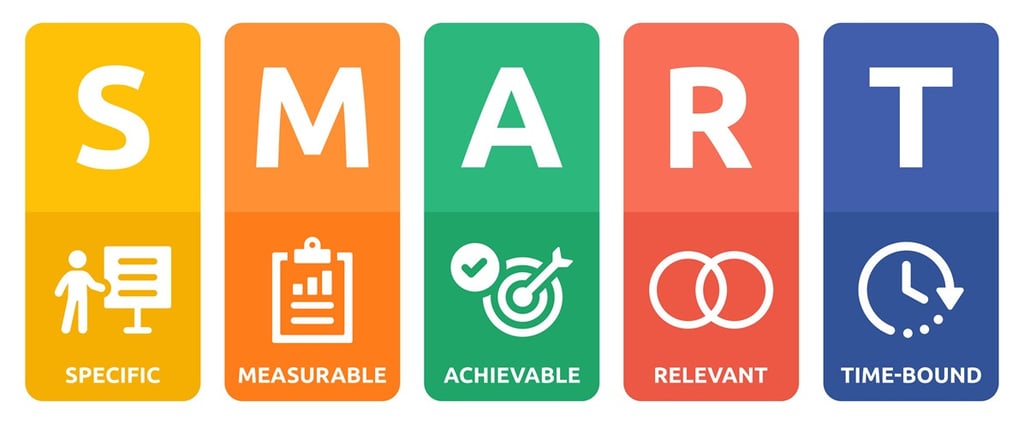
ASD Insights and Our Support Strategies
Autism Spectrum Disorder (ASD) continues to be one of the prevalent neurodevelopmental conditions affecting adults as well as children. Unlike the more noticeable symptoms seen in children, adult manifestations of autism can be subtle and complex, often leading to misdiagnosis or late recognition of the condition.
Recognizing the Signs: Beyond Childhood
While many individuals are diagnosed in childhood, autism in adults can sometimes go unrecognized. This is especially true if symptoms are less pronounced or if individuals have developed coping mechanisms that mask typical signs. Adults might exhibit unique challenges, such as difficulties in social interaction, adherence to specific routines, or heightened sensitivities to sensory inputs, all of which might not align strictly with the manifestations seen in children.
Key Indicators of Autism in Adults:
Social Interaction Challenges: Difficulty in understanding social cues, maintaining friendships, or engaging in eye contact.
Communication Barriers: Problems may include interpreting figures of speech, expressing emotions through tone, or understanding others' facial expressions.
Behavioral Patterns: Adults might display rigid behaviors or have specific, intense interests.
Sensory Sensitivity: Overwhelming responses to sensory stimuli such as lights, sounds, or textures.
Diagnostic Journey: Pathways to Clarity
Identifying autism in adults requires a nuanced approach. Initial steps often involve self-assessment tools, which, while not diagnostic, can prompt individuals to seek professional advice. Healthcare providers can assess symptoms, consider developmental history, and if no other conditions explain the symptoms, may refer individuals for specialized assessments.
Seeking Professional Insights:
Primary Care Consultation: Discussing past and current symptoms with a healthcare provider.
Specialized Testing: Utilizing tools like ADOS-2, though the reliability and inclusiveness of such tests are under continuous evaluation.
Expert Referral: Possibly involving psychiatrists or psychologists experienced in adult ASD.
Tailored Support at Our Clinic
Our approach to supporting adults with ASD is rooted in understanding each individual's unique needs and circumstances. We prioritize creating personalized care plans that acknowledge and utilize the strengths of each person.
Therapeutic Strategies:
Educational Resources: Empowering patients and their families with knowledge about autism.
Behavioral Therapies: Therapy techniques such as Cognitive Behavioral Therapy (CBT) to help manage specific challenges associated with ASD.
Vocational Support: Assisting in adapting workplace environments and exploring suitable career paths.
Enhancing Quality of Life Through Community and Innovation
Living with ASD as an adult can present distinct challenges, but it also offers the potential for significant personal growth and fulfillment.
Community Engagement and Peer Support:
Facilitating connections with peers through support groups and online platforms to share experiences and coping strategies.
Holistic Support:
Addressing co-occurring conditions such as anxiety or depression with appropriate medical interventions.
Advocating for workplace accommodations and promoting an understanding of neurodiversity.
Autism in children?
We have provided some information for those interested in learning about autism in children although we don't serve any patient under 18 years.


Risk factors for ASD
The quest to understand ASD is a complex one. It's a puzzle composed of many pieces, including environmental influences, biological nuances, and genetic threads. These elements intertwine, shaping the likelihood that a child may navigate the world through the lens of ASD. While the complete picture remains elusive, certain clues hint at a higher propensity for ASD:
Having a sibling with ASD
Inherited conditions like fragile X syndrome or tuberous sclerosis
Birth-related challenges
The age of parents at the time of birth.
In an ambitious leap towards unraveling this mystery, the CDC has embarked on one of the largest investigations in the U.S. to date, the Study to Explore Early Development (SEED). SEED aims to shed light on the myriad risk factors and behaviors associated with ASD. Not stopping there, the CDC is now delving deeper with a follow-up study on older children who were part of SEED. This new chapter seeks to understand the evolving health, functionality, and needs of individuals with ASD and other developmental conditions as they grow. This journey of discovery not only aims to map the terrain of ASD but also to navigate the paths of those affected, illuminating their way forward.
Let's do a recap of ASD
Understanding autism in adulthood enhances not only personal insight but also improves overall well-being. With the right support, individuals with ASD can lead fulfilling lives. As awareness grows and diagnostic approaches evolve, our clinic remains committed to providing compassionate and effective support tailored to the adult autism community
Our Aims and Objectives


Enhancing Understanding and Skills: Our goal is to enhance each individual's understanding of their own autism spectrum profile, developing skills that support independence, social interaction, and personal growth.
Empowering Families and Individuals: We aim to empower families and individuals with knowledge, resources, and strategies to navigate the complexities of autism with confidence and resilience.
Promoting Inclusion and Well-being: Our approach is centered on promoting a more inclusive society where individuals on the autism spectrum can thrive, emphasizing overall well-being and quality of life.
Our SMART Goals Defined
Our goals are Specific (tailored to your needs), Measurable (with clear benchmarks for progress), Achievable (realistic and manageable), Relevant (aligned with your personal mental health goals), and Time-bound (with scheduled reviews to assess progress).
You didn’t come this far to stop.
Believe you can, and you're halfway there.
Theodore Roosevelt
The benefits of our Autism evaluation and treatment program
Expert, Specialized Care: Receive care from a dedicated team of professionals specialized in autism spectrum disorders, providing compassionate and evidence-based treatment.
Tailored to Individual Needs: Our services are highly personalized, designed to meet the unique needs and strengths of each individual, ensuring a supportive and effective treatment experience.
Building a Supportive Community: We focus on creating a supportive community for individuals and families, offering a space for shared experiences, education, and growth.
Begin your journey to mastery over ASD with us
Imagine a future where the unique aspects of autism are not just understood but celebrated, where each individual has the support and strategies needed to navigate life’s challenges and opportunities. That future starts with our autism evaluation and treatment services. Our clinic is dedicated to unlocking the potential within each person on the autism spectrum, providing the expertise, care, and compassionate support necessary to thrive. If you or a loved one is ready to embark on this journey of understanding and growth, we’re here to guide you every step of the way.
Reach out to us today, and let’s start this transformative journey together.

Psychiatric evaluation and management
Other psychiatric and mental health reports.
Substance Abuse
We also provide these administrative services
Here're addiction problems we treat
Other nutrition and weight management services.
And we provide nutrition and weight management services to make your well-being even more complete
Don't let life's challenges define you—or your loved one—we are here to help you overcome and thrive!
Here're psychosocial and psychosomatic issues we treat
We operate under the laws and regulations of the State of Maryland as a Maryland outpatient clinic.

Home | About Us | Our Services | Blog | Terms & Conditions | Privacy | Telehealth | Forms & Resources | Appointments | Log In | Site Map | Contact Us
BY APPOINTMENT ONLY | NO WALK-IN
BEST WAY TO CONTACT US
Sign In to your account or Fill out the Contact Form or Appointment Form
or
Send us an Email at admin@jolclinic.com
Tel: (410) 231-3118 | Fax: (410) 262-6911
PATIENT RECORDS
To request your patient records, please sign in or go to the patient records information page.
Copyright © 2024 by the Joy of Life Clinic LLC.
4900 Belair Road
Baltimore MD 21206











